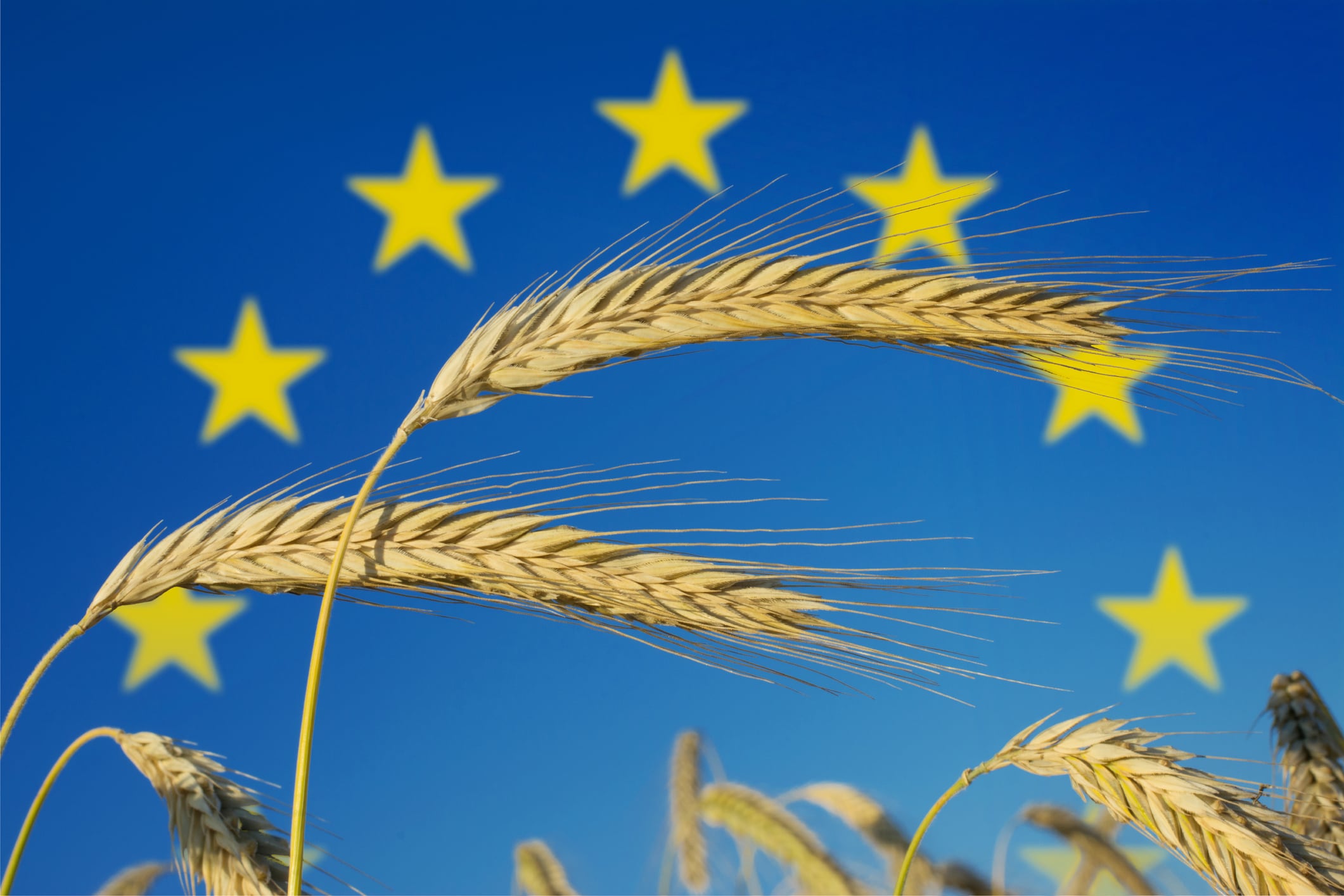French law dictates that household product waste that falls under Extended Producer Responsibility (EPR) – which includes food packaging – must display the ‘Triman’ logo and the ‘infotri’ sorting instructions, regardless of where they were produced.
The Triman logo indicates that the product is subject to sorting rules, while inforti specifies the methods for sorting.
France has created its own rules due to a lack of EU-wide harmonisation. However, if a product is lawfully made and sold in one EU member state, another cannot impose additional national rules that would impede free movement of goods.
“The European Commission considers that these specific national labelling requirements constitute an obstacle to the free movement of goods, violating Articles 34 to 36 of the Treaty on the Functioning of the European Union (TFEU). Unilateral measures like these force companies to adapt packaging exclusively for the French market, contributing to the fragmentation of the single market,” added Francesco Montanari, agri-food lawyer and research at Wageningen University.
The Commission says it also consider the French requires “disproportionate”, as other suitable options are available to inform consumers which do not hinder trade until harmonised labelling rules come into effect under Regulation (EU) 2025/40 on Packaging and Packaging Waste (PPWR).
The Commission contends that France is in breach of the notification obligations under the Single Market Transparency Directive (Directive (EU) 2015/1535), as a result of failure to notify the Commission and other EU Member States of the draft law, prior to its adoption.
“Following a formal notice letter in February 2023 and a reasoned opinion in November 2024, the Commission states that France remains non-compliant, which justifies legal action at the European level,” explained Montanari.
“The proceedings before the CJEU may take between 18 and 24 months on average. Should the CJEU agree with the Commission’s arguments, it could declare the French legislation incompatible with EU law, thereby requiring the French legislature to repeal or amend the national law in question.
“That said, until the CJEU issues a ruling, economic operators must continue to comply with the requirements imposed by French legislation.”
Other EU Member States have been also investigated at the same time and for the same reasons, including Spain.
However, as Montanari told Food Manufacture, “the Spanish authorities have somehow softened their approach all along the way to make sure national labelling measures are not excessively trade restrictive of EU trade, in particular”.





